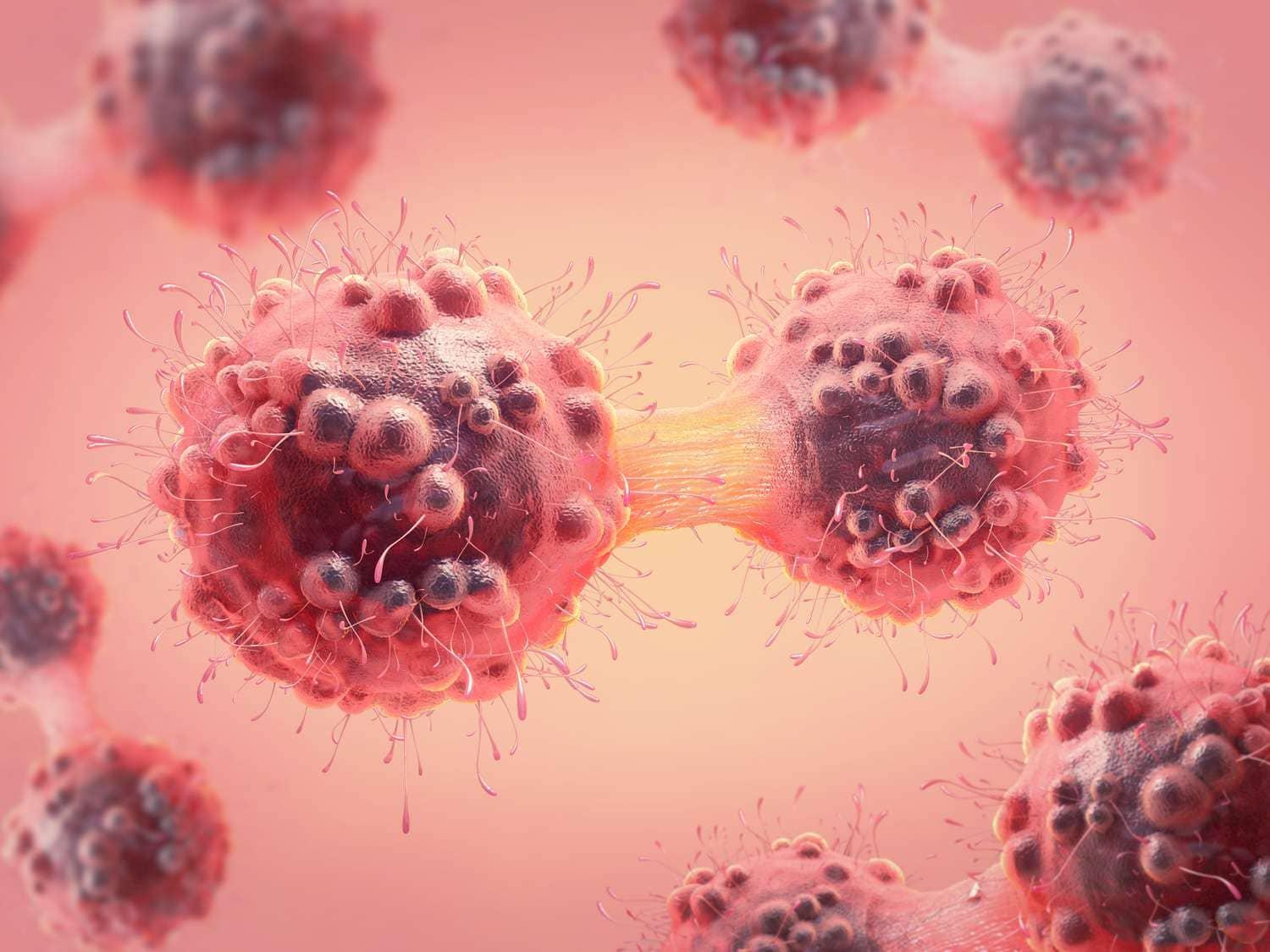KEY TAKEAWAYS
- The phase I/II trial aimed to assess MEZI’s updated efficacy and safety in RRMM pts across dose-escalation and dose-expansion cohorts.
- The study administered MEZI to RRMM pts who had previously received lenalidomide and experienced progressive disease.
- The study found that mezigdomide-based combinations showed promising efficacy and safety in RRMM, warranting further exploration in phase 3 trials. .
Mezigdomide (MEZI) is a promising new drug for treating relapsed/refractory multiple myeloma (RRMM). Researchers aimed to assess MEZI’s updated efficacy and safety in RRMM patients (pts) across dose-escalation and dose-expansion cohorts.
Patients with RRMM, having received 2–4 (MeziVd and MeziKd cohorts) or 1–3 (MeziVd-1.0mg cohort) prior regimens, including lenalidomide, and documented progressive disease during or after the last myeloma therapy, were administered MEZI at escalating doses (0.3, 0.6, 1.0mg) or 1.0mg on days (D)1–14 of each 21-D cycle with bortezomib+dexamethasone (BORT+DEX), or at escalating doses on D1–21 of each 28-D cycle with carfilzomib+dexamethasone (CFZ+DEX).
The primary objectives were to determine the recommended dose and regimen (dose-escalation cohorts) and to evaluate safety and efficacy.
In the MeziVd cohort (28 pts), MeziVd-1.0mg cohort (38 pts), and MeziKd cohort (27 pts), 65.8–88.9% were IMiD agent–refractory, 18.4–51.9% were proteasome inhibitor (PI)–refractory, and 36.8–74.1% were anti-CD38 monoclonal antibody (mAb)–refractory, with a median follow-up of 10.8–13.2 months.
Grade 3‒4 treatment-emergent adverse events (TEAEs) included neutropenia (35.7%) and thrombocytopenia (21.4%) with MeziVd; neutropenia (57.9%) and all infections (34.2%) with MeziVd-1.0mg; and neutropenia (40.7%) and all infections (29.6%) with MeziKd. Non-hematologic grade 3–4 TEAEs, excluding infections, were low.
MEZI dose reductions due to TEAEs were required in (25.0%) (39.5%) and (25.9%) of MeziVd, MeziVd-1.0mg, and MeziKd pts, respectively. The overall response rates (ORR) were 75.0% (21/28) with MeziVd, 84.2% (32/38) with MeziVd-1.0mg, and 85.2% (23/27) with MeziKd. About 2 pts in the MeziVd-1.0mg cohort achieved minimal residual disease–negative status (10-4 threshold).
For pts with prior lenalidomide (LEN) and anti-CD38 monoclonal antibody (mAb) exposure, the ORR was 71.4% (10/14; MeziVd), 85.7% (12/14; MeziVd-1.0mg), and 86.4% (19/22; MeziKd). The median time to response was 1.38 months (0.7–3.3) for MeziVd, 0.89 months (0.7–2.4) for MeziVd-1.0mg, and 0.95 months (0.9–5.1) for MeziKd. The median duration of response was 10.4 months for MeziVd and 11.9 months for MeziKd, and it was not reached in the MeziVd-1.0mg cohort.
MEZI exhibited pharmacodynamic activity with bortezomib (BORT) or carfilzomib (CFZ) at all tested doses, with 1.0mg inducing the greatest substrate degradation and T-cell proliferation. The study found that mezigdomide-based combinations showed promising efficacy and safety in RRMM, warranting further exploration in phase 3 trials.
Source: https://imsannual2023.eventscribe.net/fsPopup.asp?PresentationID=1302328&mode=presInfo
Clinical Trial: https://clinicaltrials.gov/study/NCT03989414
Oriol A. Mezigdomide (MEZI) plus dexamethasone (DEX) and bortezomib (BORT) or carfilzomib (CFZ) in patients with relapsed/refractory multiple myeloma (RRMM): results from the CC-92480-MM-002 trial.Presented at: 20th International Myeloma Society Annual Meeting and Exposition.2023



